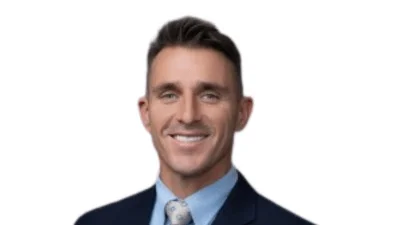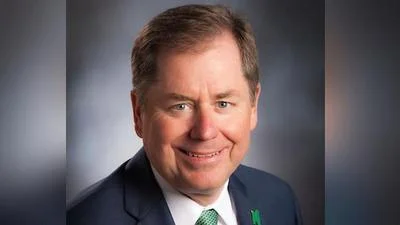Business | Pexels by Ketut Subiyanto
Business | Pexels by Ketut Subiyanto
The year is 1835. The setting is Springfield, and the subject is Milly Sawyers. Sawyers is an enslaved person, forced to work for and obey another and is considered to be their property. Someone that had been purchased for $700. Regardless of those circumstances, Sawyers was creating history. She sued for — and won — her freedom that same year. The year is 1846. Dred and Harriet Scott are enslaved individuals who file lawsuits against their owners in St. Louis City Circuit Court suing for their freedom. Neither of the Scotts can read or write at the time. The court rules against them following a trial held in June 1847 and they remain enslaved. In January 1850, the Scotts go to trial again and win their freedom. Their owner appeals that decision to the Supreme Court of Missouri, where the lower court’s ruling is reversed and, in 1852, the Scotts are once again enslaved. In 1853, the Scotts file suit in federal court. On May 15, 1854, the court hears Dred Scott v. Sanford and rules against Dred Scott — subjecting him and his family to continued slavery. In December of 1854, Scott appeals his case to the U.S. Supreme Court, which held oral argument about his freedom. On March 6, 1857, the Scotts again lose their fight for freedom, thus concluding their saga. What do Sawyers and the Scotts have in common? Well, I submit that they are the purest of advocates. They advocated for themselves and those similarly situated without timidity, and without fear of public opinion or retribution. Despite substantial barriers, they were zealous. To advocate is to publicly support or suggest an idea or development, to speak or write in favor of, to urge an argument, to support or argue for a cause — and that is what they did, despite the overwhelming odds against them.I consider the opportunity to advocate as one of the greatest honors and opportunities of serving as a licensed lawyer. I also admit that I have not historically used the platform that we are afforded to its full potential. As I pen this, I am reminded of a recent trip where I served as a delegate to the Young Lawyers Division of the American Bar Association. This was at the Mid-Year Meeting in New Orleans, where a central theme was encouraging young lawyers and those new to the profession to “advocate.” At the time, I took an internal inventory of my advocacy and decided summarily that, “I was good.” I then sat down to consider this piece in light of historical precedents and decided that my concept of advocacy was limited in scope and did not quite hit the mark.As officers of the court, we enjoy privileges that comparatively few enjoy. I believe we have a duty to society to use our voices, as there are those who went before us (and those among us still) who don't have access to the education, resources, and spheres of influence that we are given by virtue of being members of this honorable profession. So, let's get off the sidelines and get to work! I challenge each of you to look for ways to use your platform and voice to continue bettering your communities. By doing so, we, too, can create history. To a better future, Dashawn R. Cason, District 9 YLS representative
Original source can be found here.



 Alerts Sign-up
Alerts Sign-up